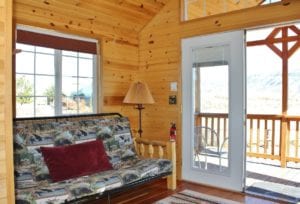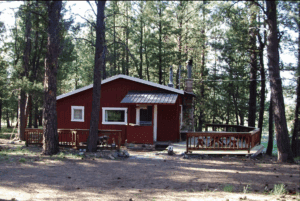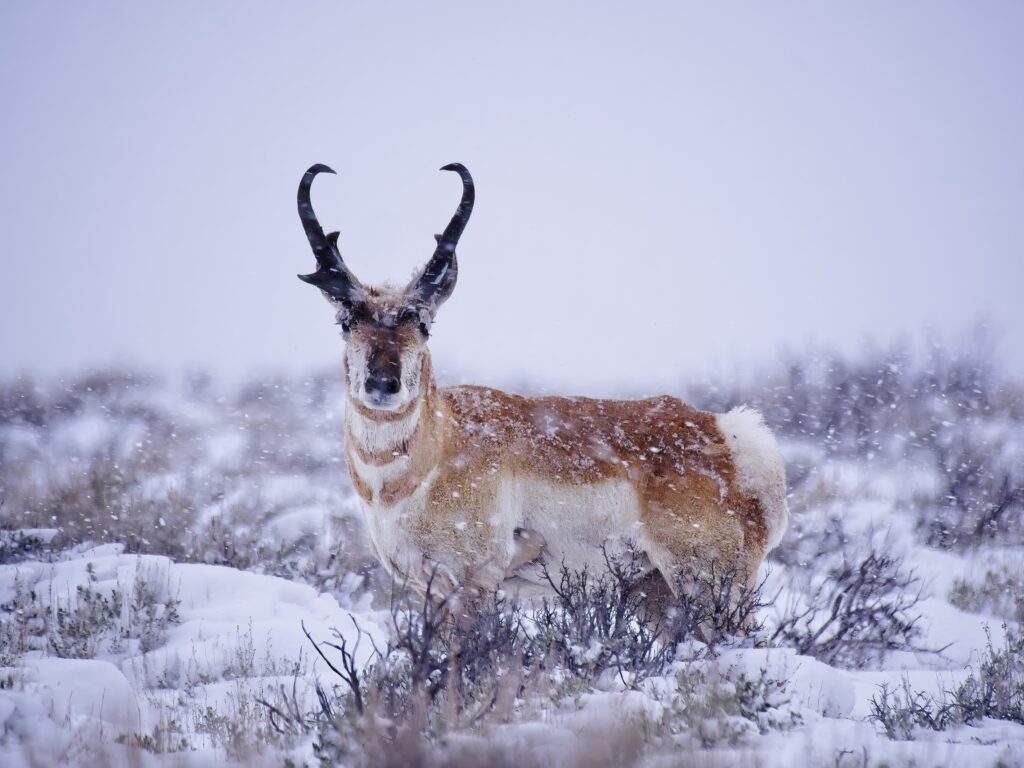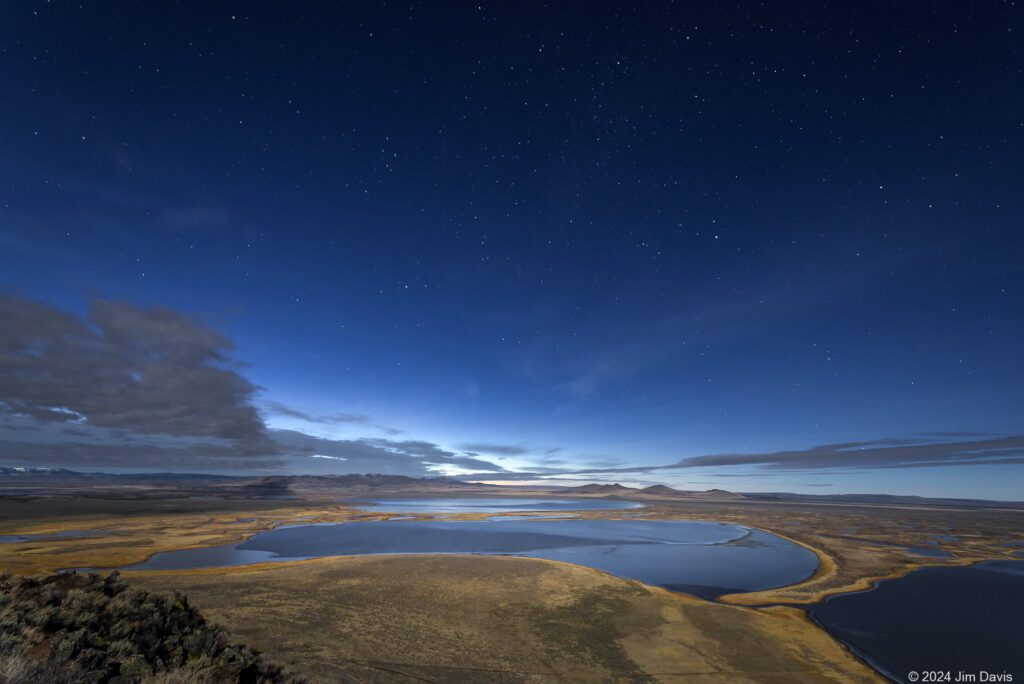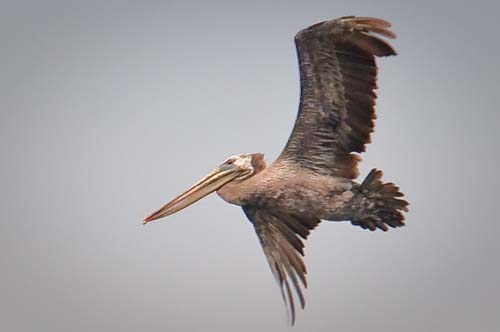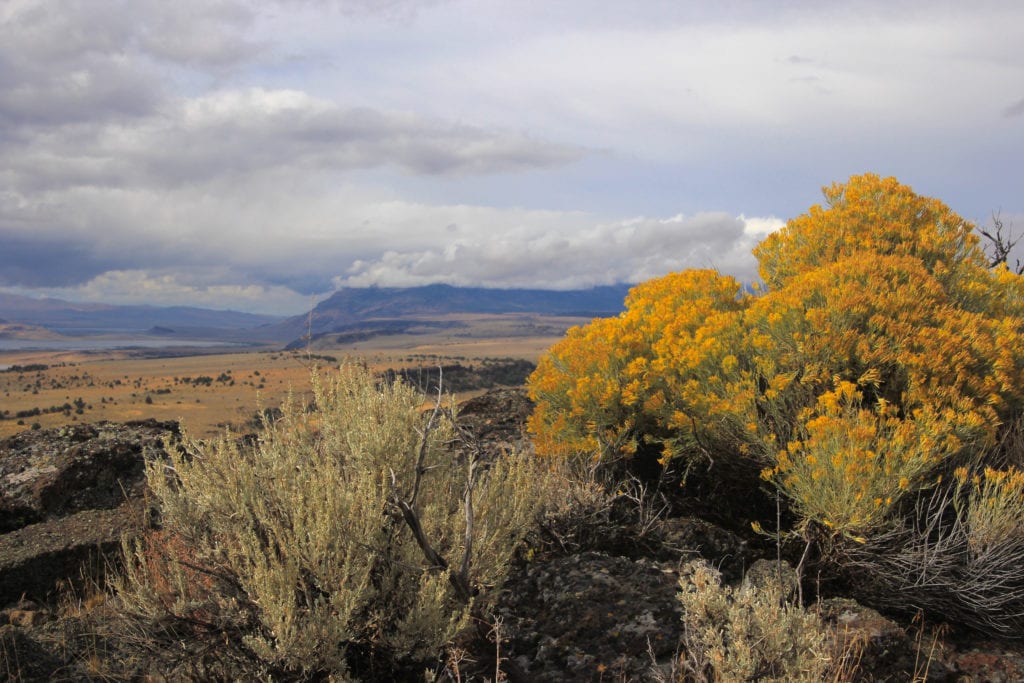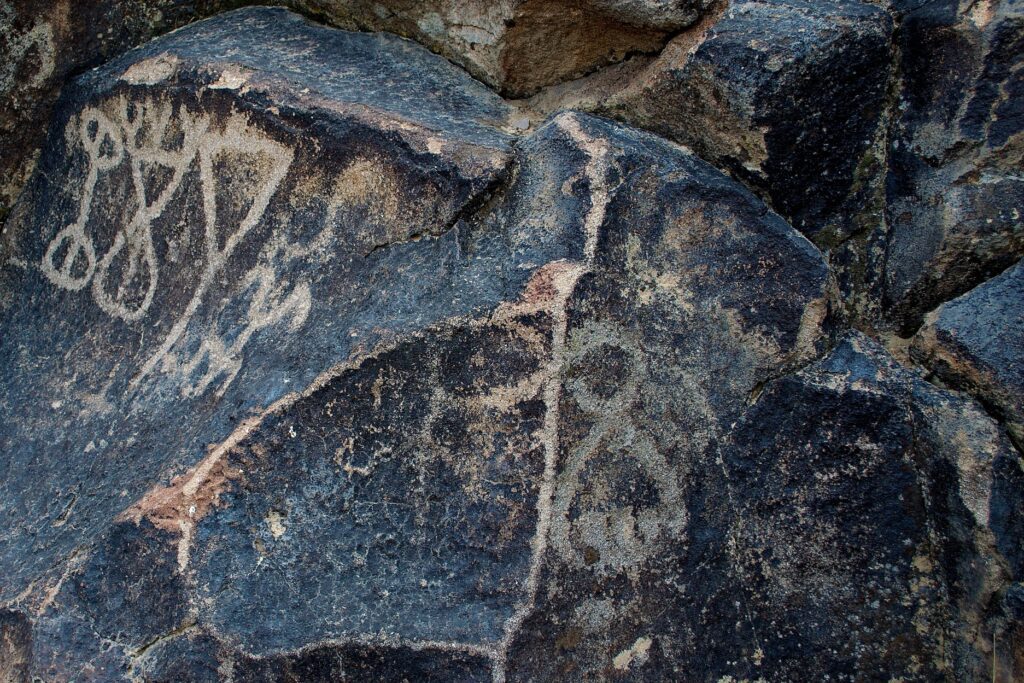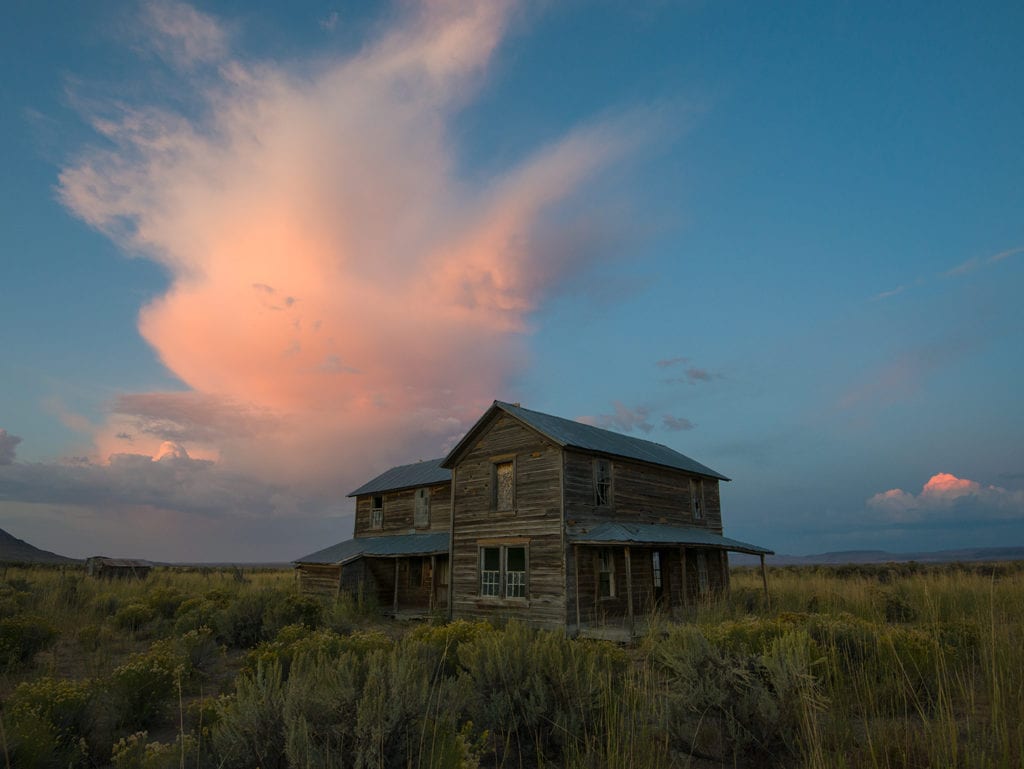What you’ll find in Oregon’s most important desert wildlife stronghold
The Greater Hart-Sheldon is a vast expanse of lands anchored by Hart Mountain National Antelope Refuge to the north and Sheldon National Wildlife Refuge to the south with millions of acres of public land between and surrounding the refuges all awaiting exploration. This diverse, dramatic and wildlife-rich landscape is one of the largest intact swaths of sagebrush steppe remaining in the West. Offering abundant opportunities to see iconic desert species like pronghorn, bighorn sheep, greater sage-grouse and so much more, the region is a fascinating place to spend some time.
People of all ages and abilities can find a recreational opportunity to pursue here. Some visitor services exist on the Hart and Sheldon refuges, while the public lands between the two refuges offer a great outback experience where you’re likely to see plenty of wildlife and few people.
When planning to travel to this region of Oregon’s high desert, be aware that it is remote. There are few established trails in the Greater Hart-Sheldon, and the roads vary between pavement, gravel and dirt. Amenities are scarce, so be prepared before you venture out by bringing extra water, food, gas and a spare tire.
Refer to our guide below for inspiration and advice on where to stay, what to eat, recommended hikes and activities, and resources for visiting this impressive region of Oregon’s high desert.
